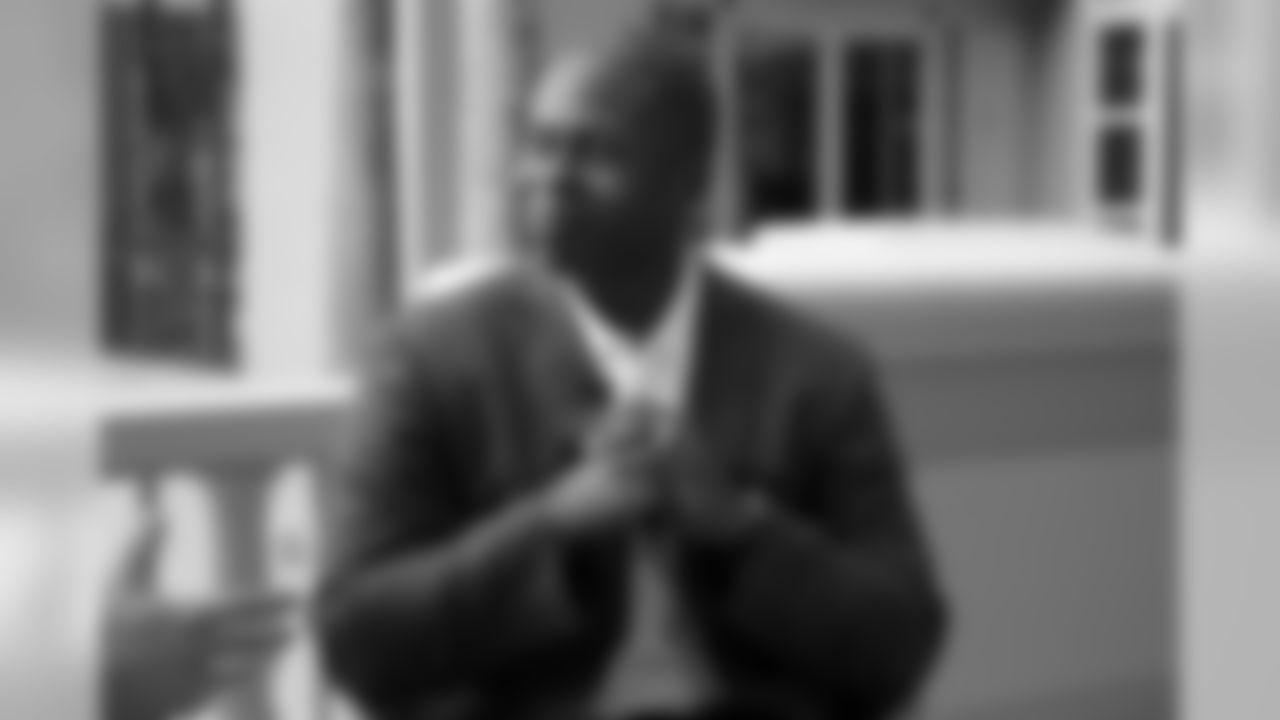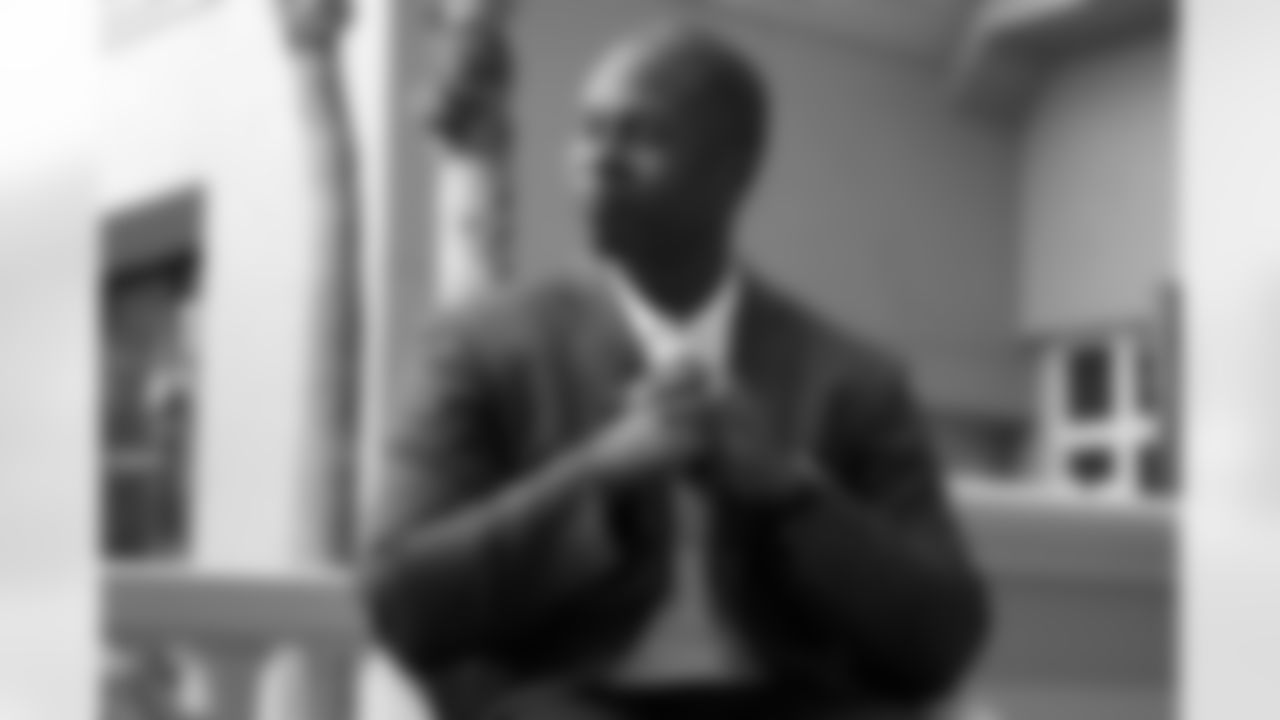As a former defensive coordinator, Head Coach Vance Joseph is well aware of the challenges that rookie quarterbacks face, because he was one of the people designing those challenges.
So as he looks at this year's draft class of talented quarterbacks, Joseph knows the tests a prospect would have to pass to succeed.
"I think going from college and going to the NFL, it's the Ph.D. of football," Joseph said at the NFL Annual League Meeting's coaches breakfast Tuesday. "You're facing defenses that are really complicated, so you need time to kind of learn how to dissect those defenses. That's the biggest challenge. … It's always the experience of figuring out defenses and figuring out where to throw the football even before the snap. That's hard to do for young guys.
Follow along with the Broncos as they take part in the NFL Annual League Meeting in Orlando, Florida. (Photos by Andrew Mason)


























"… As a defensive guy, I know when I'm game-planning, I am trying to create confusion for the quarterback. I tell our guys all the time — I told [Defensive Coordinator] Joe [Woods] and his staff — it doesn't matter who the receivers are and the running backs. Everyone has talent, but you're always playing the quarterback. That is who has the ball every snap. If you're not playing the quarterback, you're wrong on defense. It's our job on defense to create as much confusion and hesitation we can for the quarterback."
The quarterbacks that have the most success, Joseph said, are those who can diagnose what the defense will play and identify where they can find an open receiver before the play begins.
"When you watch [QB] Peyton [Manning] and [Patriots QB] Tom [Brady], those guys know where the football is going before the ball is snapped," Joseph said. "They might get confused and pull it back and go somewhere else with it, but they have a clear idea — they probably know 70 percent of the time — where the ball should go. That's pre-snap and that's experience and that's knowing defenses."
In that 70 percent of the time when a great quarterback knows their next move, it's also about timing. For young quarterbacks, that timing can be hard thing to manage as pass rushers bear down upon them at a speed that they rarely faced in college.
"That's the problem with young guys. If you pause for a second and a half, you might get hit by [OLB] Von [Miller] or throw the ball to the wrong person. It's Cover 2 instead of Cover 3. I think just figuring out defenses, that's the biggest thing for young quarterbacks because the talent — we all watch them, right? That is why you draft them in the top rounds or top 10, because they're so talented — but you can't predict how they're going to play versus complicated defenses, which we all have in this league."
Though that mental aspect of analyzing defenses on the fly may be a main concern for Joseph when it comes to rookie quarterbacks, he still is interested in seeing their physical talent — accuracy, footwork, being able to throw at different velocities and trajectories. When he and other members of the Broncos' football-operations staff visited Pro Days at Oklahoma and Wyoming, those were the things he wanted to see.
"When I watched [Oklahoma QB] Baker [Mayfield], I was impressed because he can throw it hard for a little guy," Joseph said. "He can throw it deep, but he can also touch the ball. That is what [Wyoming QB] Josh [Allen], I thought, did so much better after the Senior Bowl. His Pro Day was impressive because Josh did a great job with his footwork, first of all. That cleaned up. But to watch him change the pace of the ball — his arm is so big — he can pace the ball. He can throw it soft, he can throw it hard and he can throw it firm but not hard pace. That's the key."
A combination of both the physical and mental acuities, however, is what will separate the special quarterbacks from the rest.













